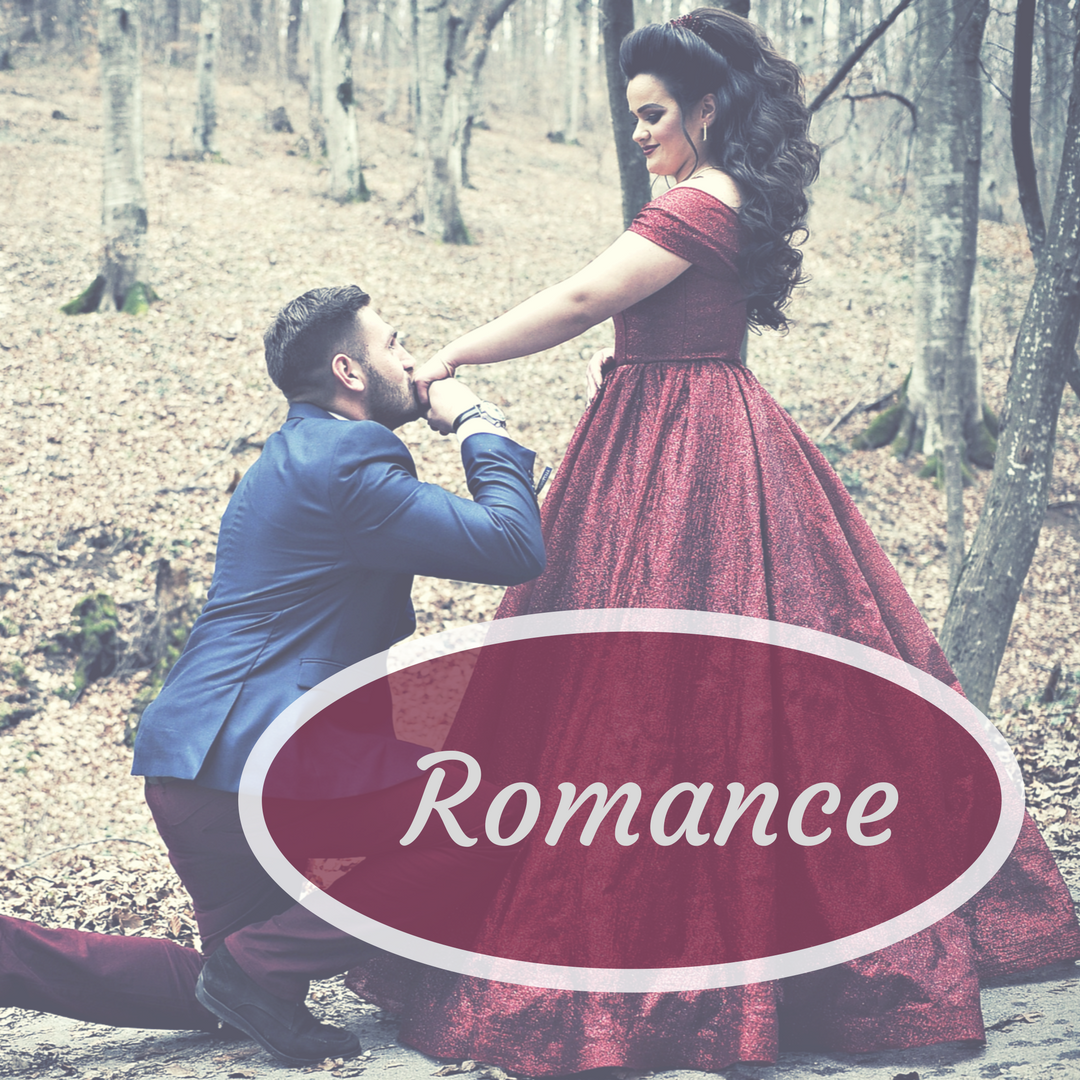The short answer is YES!
While falling in love can happen anywhere, the choice of your setting sets a tone.
If you can take your romance and put it in any setting, you need to take a good look at your story.
A story that takes place in a city can’t be changed to a small town. Nor can a small-town story be moved to the country or on a ranch. The same is true if you need mountains, lakes, or an ocean for your romance setting. Or a story that takes place in a tourist town versus a non-tourist destination.
There is a distinct difference in the feel of each setting and its impact on your story.
The setting becomes a minor or major character; therefore, it is essential to have done your research on the place. Go there if you can. Explore the region where your romance takes place. Meet the people because where your story takes place will affect how the other characters react, speak, and what expectations they may have.
In his book Setting, Jack M. Bickham states, “Setting – in real life as well as in fiction – tends to form character in ways you can analyze and use in your work.” It’s true, no matter what period you are writing. In the same book, Bickham suggests after visiting the location and talking to the people, draw up a “setting list” for your desired character.
No matter whether your setting changes during the story or stays the same, it can cause your character to change their perceptions, feelings, thoughts, motivations, and actions. Your characters live in the physical world of the setting and are subject to impressions that enter their consciousness.
Mr. Bickham goes on to say that “No mention of setting in fiction can be said to be wholly objective. Selection of viewpoint, as well as selection of the emotional lens through which the described place or event is seen, must be made with constant reference to the desired emotional feel of the story, its present plot situation, and the characters at the time of description.”
It matters where you set your romance so much that you need to carefully consider where you want your story to take place before you begin writing. Some authors will draw a map of a fictional location to keep it accurate within their manuscript. Others use real places and do extensive research to get the names of streets and landmarks correct.
So, yes, setting matters a great deal and should be treated as another character of your story.
If you want to learn more about your setting’s impact on your story, I highly recommend Setting by Jack M. Bickham as a resource for your writing library.

Award-winning writer, Rose Gardner’s journey toward publication has come in two phases. During the early years, she was a finalist in thirteen contests and won her category in seven, was a 2007 RWA Golden Heart finalist in the Long Contemporary Category, and 2nd runner up in the 2008 Harlequin Super Romance Conflict of Interest Contest. After a break from writing, she returned to writing with a renewed focus on clean, contemporary heartwarming stories about love, hope, healing, and the power of forgiveness. She has won or placed in several contests for unpublished writers since 2017 as she works toward publication. You can find out more about Rose at her website mrosegardner.com or on social media at Facebook at MRoseGardner/, Twitter MaryGardner6, Instagram mrosegardner/




No Comments